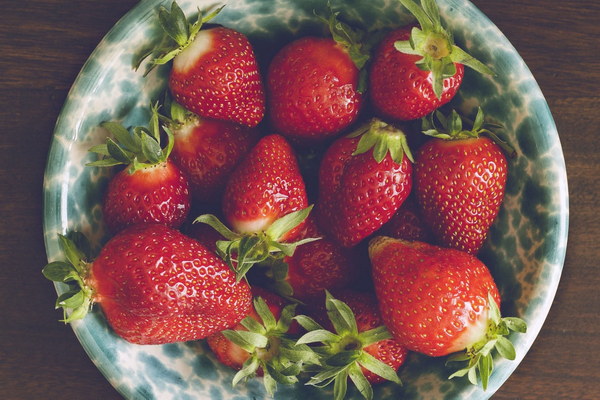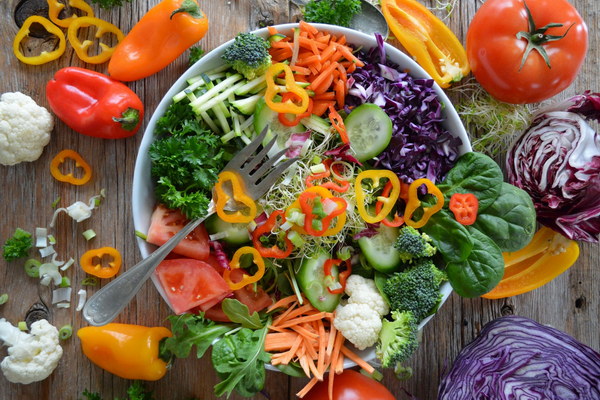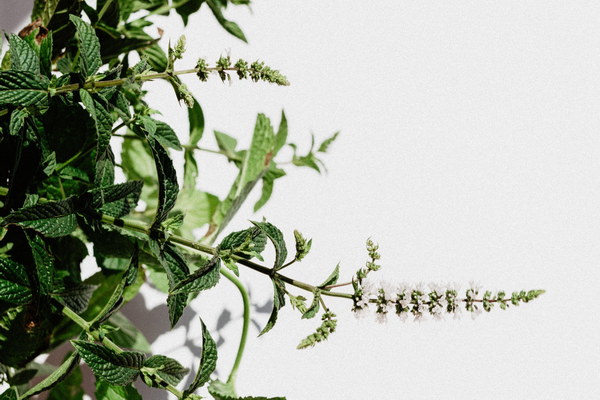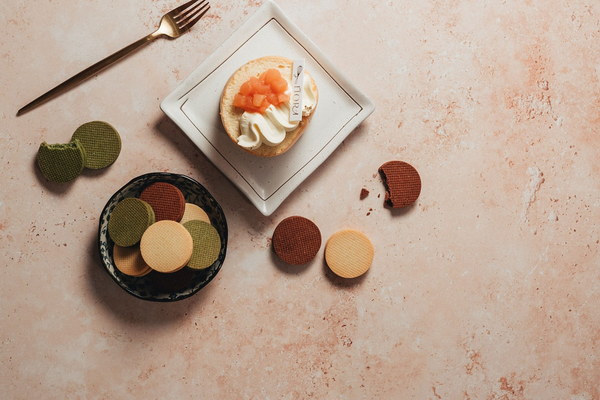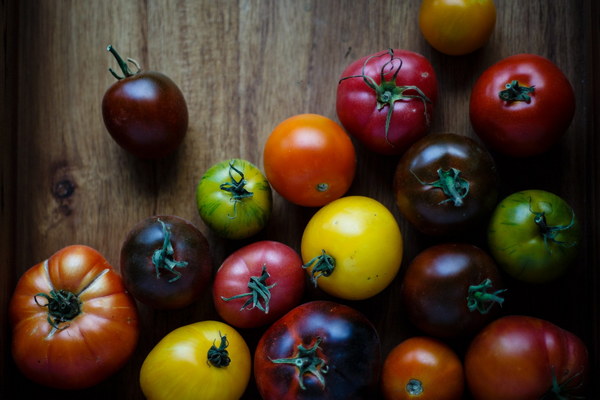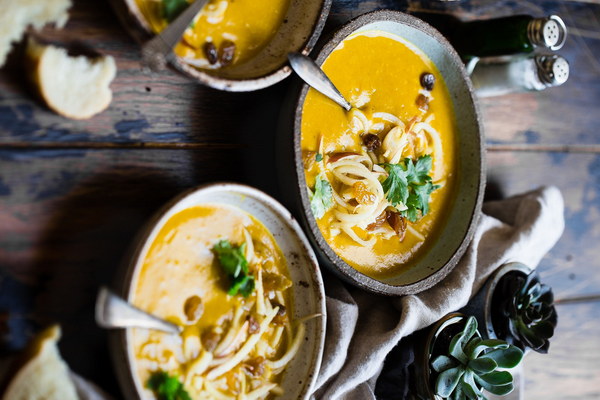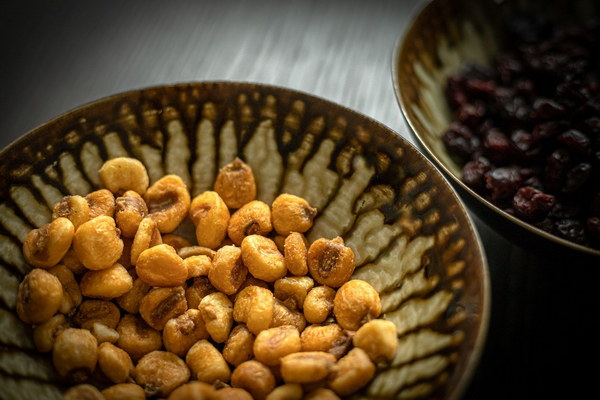A Comprehensive Guide to Traditional Chinese Herbs for Enhancing Blood and Qi A Treasure Trove of Ancient Remedies
In the realm of traditional Chinese medicine, the concept of balancing blood and Qi is fundamental to maintaining overall health and vitality. Blood, often referred to as Xue in Chinese, is considered the life essence that nourishes the body's tissues and organs, while Qi, or Qi, is the vital energy that animates the body and mind. When blood and Qi are abundant and balanced, one experiences strength, energy, and good health. This article delves into a comprehensive guide to traditional Chinese herbs known for their ability to replenish and invigorate blood and Qi, offering a treasure trove of ancient remedies that have been used for centuries.
The Importance of Blood and Qi
Blood and Qi are integral to the functioning of the body. Blood is responsible for transporting oxygen, nutrients, and hormones to the cells, while Qi ensures that these substances are utilized effectively. When blood and Qi are deficient or imbalanced, various health issues can arise, including fatigue, weakness, pale skin, poor concentration, and even chronic diseases.
Herbal Remedies for Blood and Qi

The following is a list of traditional Chinese herbs that are renowned for their ability to enhance blood and Qi:
1. Astragalus (Huang Qi): A staple in Chinese medicine, Astragalus is highly valued for its immune-boosting and energy-boosting properties. It is often used in formulas to support overall vitality and improve resistance to illness.
2. Ginseng (Ren Shen): Known for its adaptogenic properties, Ginseng has been used for centuries to increase energy levels and support the immune system. It is also believed to enhance mental clarity and longevity.
3. Angelica Sinensis (Dang Gui): A popular herb for women's health, Angelica Sinensis is often used to treat menstrual disorders, anemia, and fatigue. It is believed to nourish blood and improve circulation.
4. Codonopsis (Dang Shen): Similar to Ginseng, Codonopsis is a potent adaptogen that can help increase energy levels and improve overall well-being. It is also used to support the immune system and enhance lung function.
5. Polygonum multiflorum (He Shou Wu): This herb is known for its longevity properties and is often used to improve hair health, strengthen bones, and boost energy levels. It is also believed to nourish the kidneys and enhance fertility.
6. Cinnamon (Rou Gui): Cinnamon has been used in Chinese medicine to warm the body, improve circulation, and alleviate cold and flu symptoms. It is also believed to have anti-inflammatory and antioxidant properties.
7. Licorice Root (Gan Cao): Licorice Root is a versatile herb that can be used in combination with other herbs to harmonize the formula and reduce the bitterness of other ingredients. It is also believed to nourish the lungs, soothe the throat, and support the immune system.
Combining Herbs for Optimal Results
When using these herbs, it is essential to consult with a qualified practitioner, as they may need to be tailored to individual needs. In traditional Chinese medicine, herbs are often combined in specific formulas to address the unique imbalances in each individual's body.
For instance, a formula that combines Astragalus, Codonopsis, and Angelica Sinensis may be beneficial for someone with fatigue, weakness, and a weakened immune system. Alternatively, a formula that includes Ginseng, Cinnamon, and Licorice Root may be more suitable for someone experiencing cold and flu symptoms, as well as weakness and low energy.
Conclusion
Traditional Chinese herbs offer a wealth of options for those seeking to enhance their blood and Qi levels. By understanding the properties of these herbs and consulting with a qualified practitioner, individuals can find the most effective and personalized remedies to support their overall health and vitality. As with any treatment, it is crucial to approach herbal remedies with caution and under the guidance of a healthcare professional.
